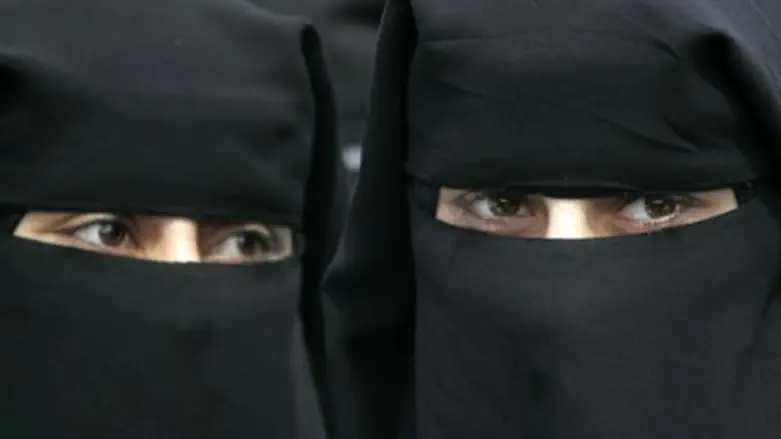
Women drivers in Iran's capital could have their cars impounded by police if they are caught driving with a poorly fixed veil or without their heads covered, a police chief said Wednesday, according to AFP.
"If a (female) driver in a car is poorly veiled or has taken her veil off, the vehicle will be seized in accordance with the law," the head of Tehran's traffic police, General Teymour Hosseini, was quoted as saying by the official ISNA news agency.
He added that any woman who had her car seized would need to obtain a court order before getting it back.
Since the Islamic Revolution in 1979, wearing a veil in public has been mandatory for all women in Iran.
But recent decades have seen a loosening of the rules governing female dress and many women in Tehran dress in a way that is far removed from the strict clothing regulations in other observant Muslim countries such as Saudi Arabia.
"Unfortunately, some streets of the capital have come to resemble fashion salons," Iran's judiciary chief Ayatollah Sadegh Larijani said this week, questioning the "tolerance" that has led to "such a situation".
Iran's current President Hassan Rouhani has since his June 2013 election overseen some political and social reform but much of the country's political establishment remains deeply conservative.
Despite their being regional rivals, discrimination against women is prevalent in both Iran and Saudi Arabia, where women face a host of restrictions, including a driving ban.
The driving ban is perhaps the most notorious. Activists have launched a campaign against the ban and have encouraged women to post pictures of themselves driving on Twitter under the hashtag #IWillDriveMyself, as well as on Instagram, YouTube and WhatsApp.
Many women have driven since the campaign was launched in 2011, some of them have posted videos of them doing so, and many have been arrested and forced to sign a pledge that they will never drive again.